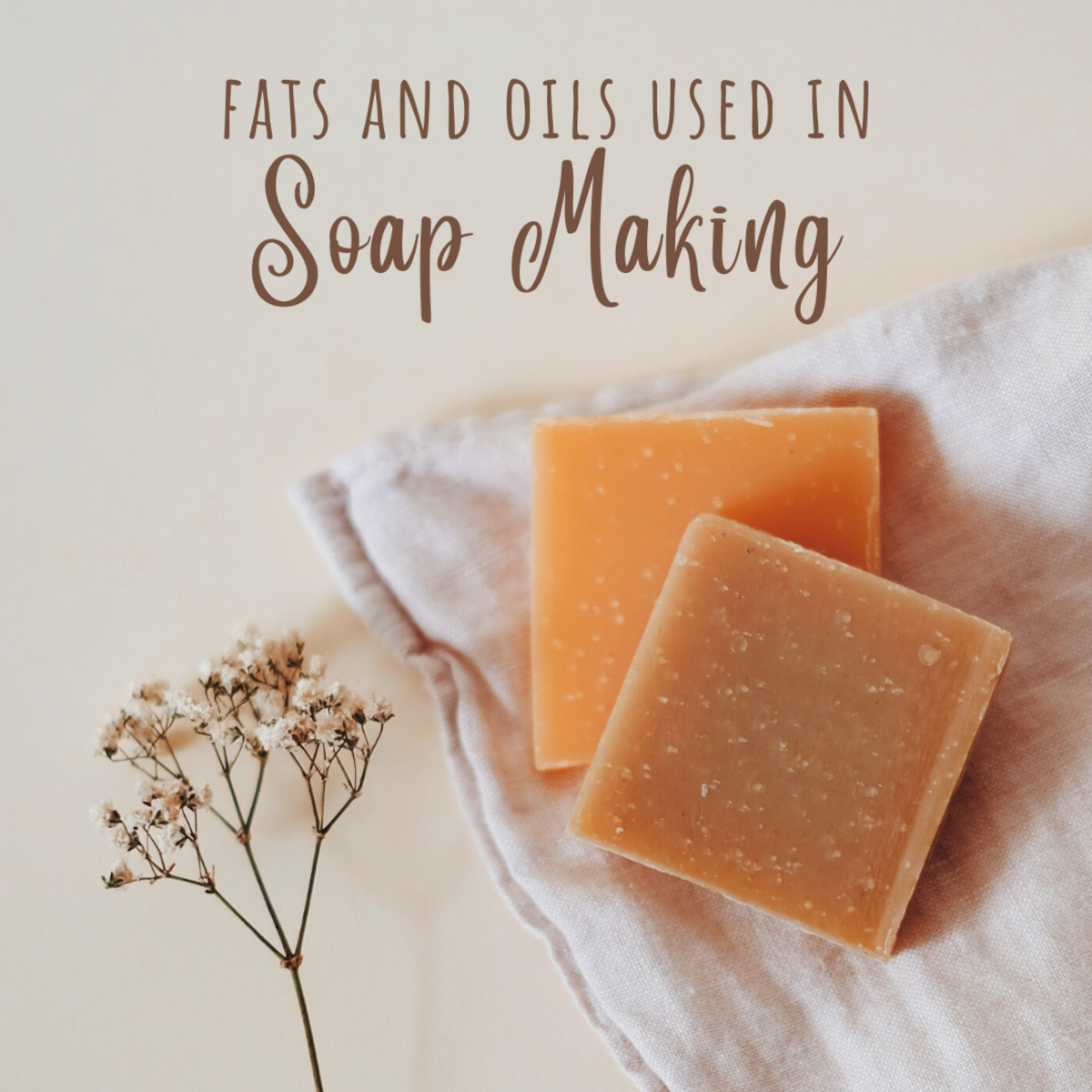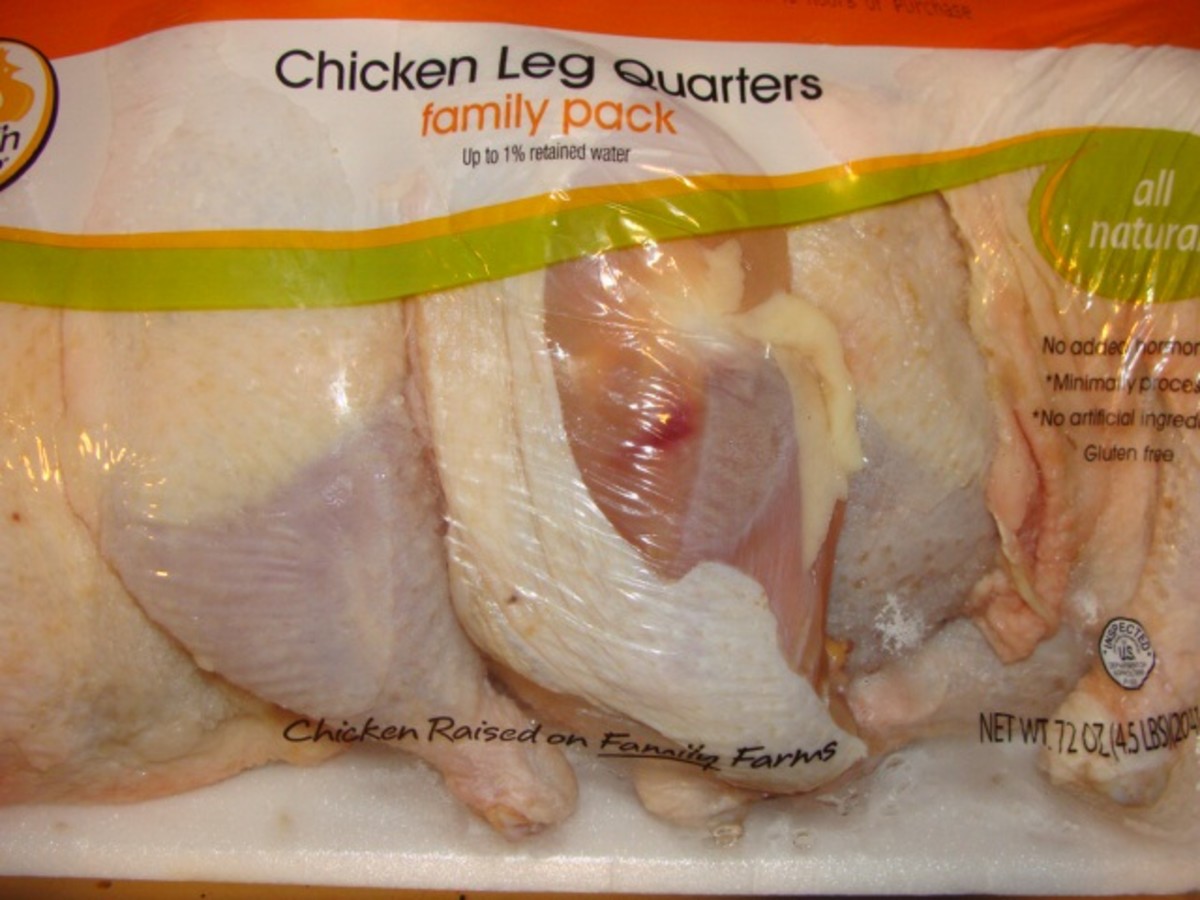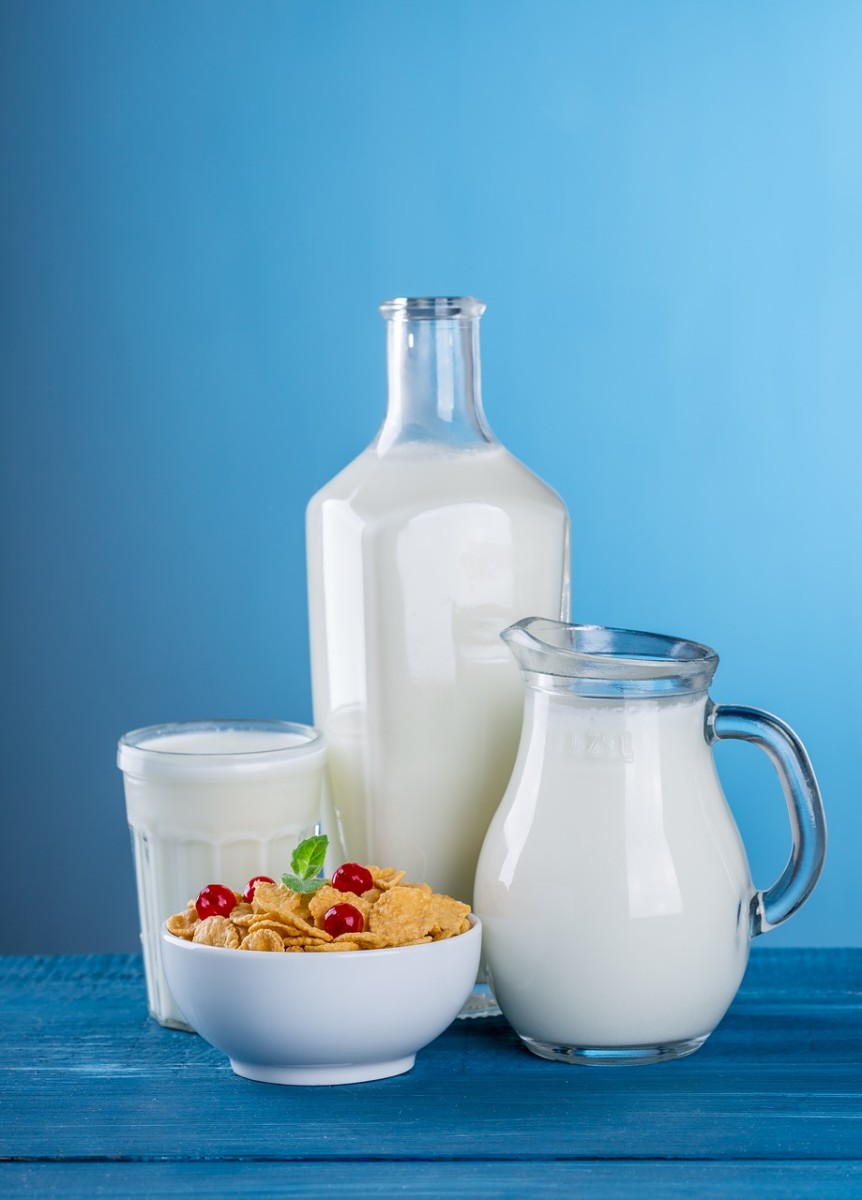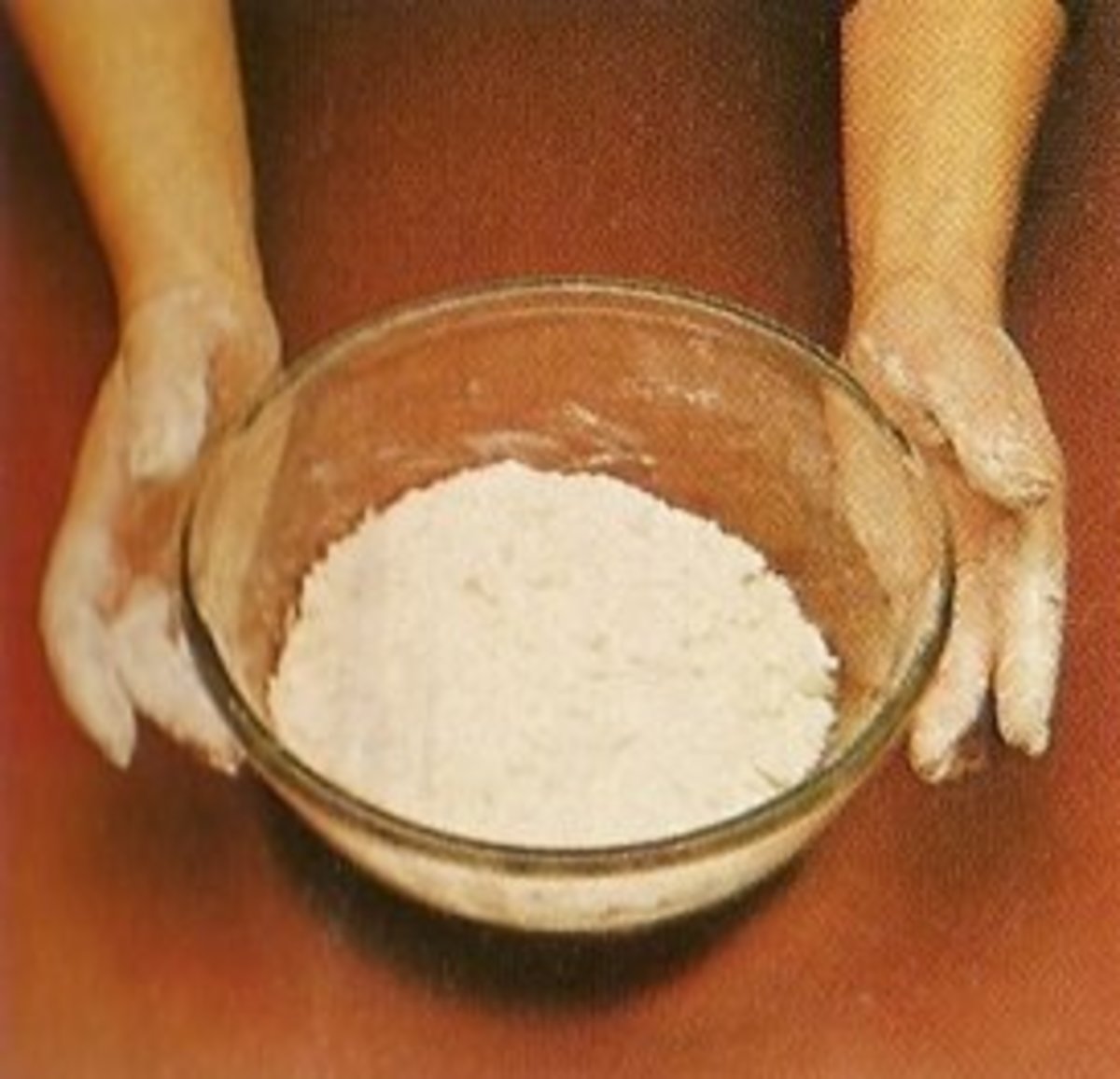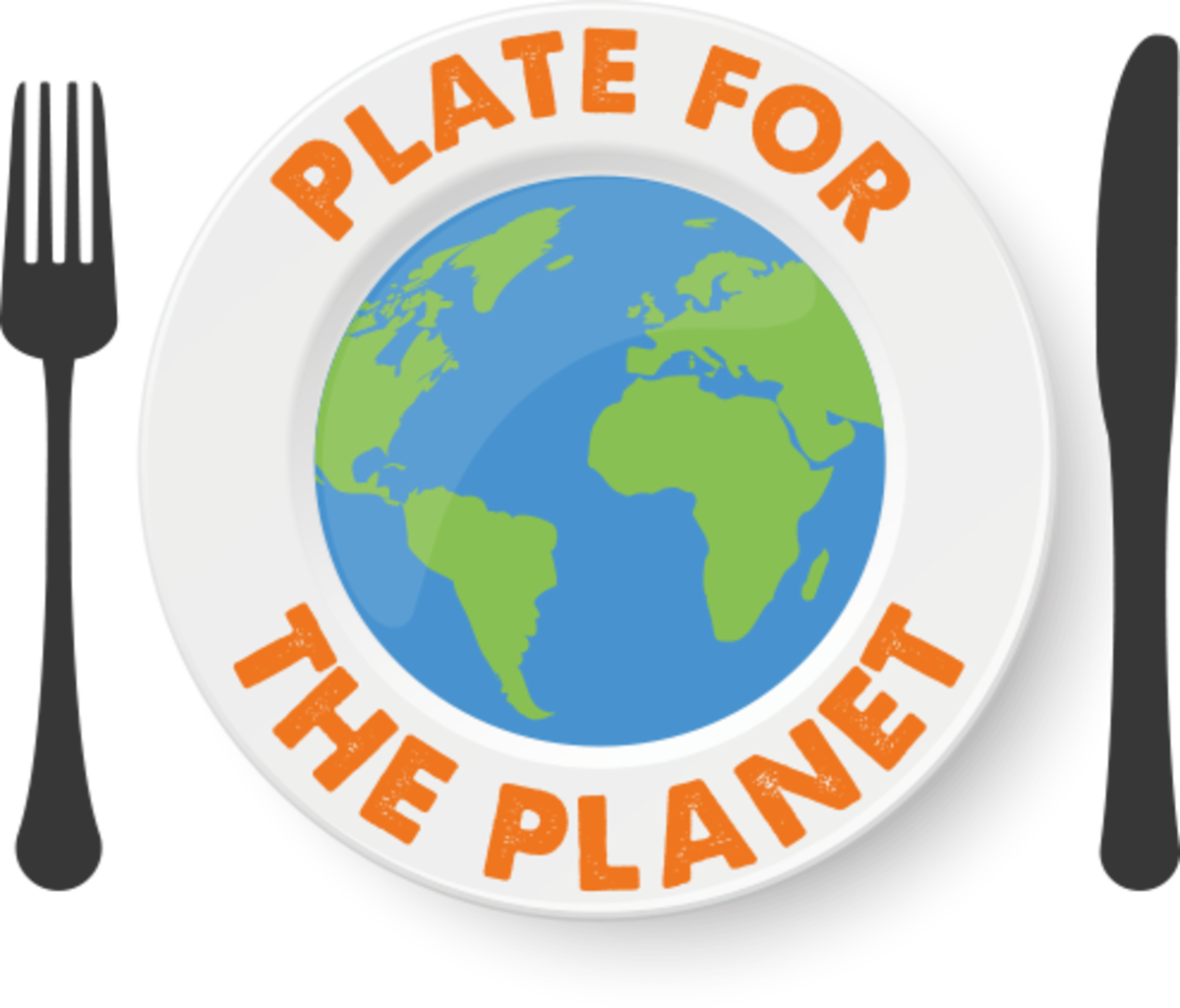Is Butter or Margarine Healthier?
The answer is that butter is healthier than margarine. The simple answer explanation is that butter is saturated fat that is less processed than margarine. Margarine is processed trans fat created by the partial hydrogenation of vegetable oils. Since saturated fat is healthier than trans fat, butter is healthier than margarine. Nearly all health authorities will tell you to avoid trans fat or any products with partially hydrogenated vegetable oil.
Although, it is true that some margarines are now free of trans fat. Because the public now understands how dangerous trans fats can be. Nevertheless, they need to add a lot of extra not-so-healthy stuff in the vegetable oils of margarine in order to make them spreadable.
Processed vegetable oils are bad for health, since the processing exposes the oil to high heat and temperature which turns them rancid and toxic. In fact, many health authorities now say to avoid vegetable oils altogether -- with the possible exception of olive oil, which should only be consumed without it being ever heated.
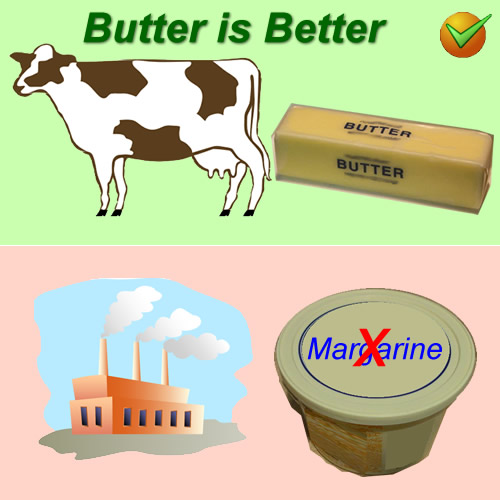
The fats of butter and margarine
To achieve a better understanding, let's try to understand how butter and margarine are made, and how the various types of fats affect our health.
In order to be spreadable, butter and margarine have to be somewhat solid at room temperature. Saturated fats are naturally solid at room temperatures. Saturated fat molecules have a straight configuration and can pack together readily to form solid. Butter is a dairy product made from fermented cream or milk. Butter being primarily saturated fat is a spreadable solid at room temperature.
Margarine, on the other hand, is made from vegetable oils which are unsaturated. Unsaturated oils are liquid at room temperature, and hence not spreadable. The molecules of unsaturated fats in vegetable oils have a kink in the middle, instead of being straight molecules. That is why they remain liquid at room temperature. At the location of the kink, the two hydrogen atoms are on the same side of the double bond, known as a "cis" configuration.
However, a food technology known as hydrogenation subjects vegetable oil at high temperatures and pressures moving the hydrogen atom to the other side of the double bond. This is known as a "trans" configuration. Now the fat has become what is more popularly known as "trans" fat -- one of the most dangerous fat.
Saturated fat in butter is most heat stable and least likely to be damaged or oxidized. Polyunsaturated vegetable oil from margarine is least heat stable and most likely to be oxidized. Consuming oxidized oil causes arterial inflammation which over time results in cardiovascular diseases. Contrary to some beliefs, butter is more heart-healthy than margarine.
Butter or Margarine? The Answer
In the below fun video, Sean Croxton from Underground Wellness answers the question of which is better: butter or margarine.
Answer is of course butter. He says that butter is real food and margarine if fake food. Margarine is closer to plastic than food. As for butter, it is better to get butter that are from grass-feed cows. Why? Because cows are supposed to eat grass, not the corn or grains they are fed in the feed-lots.
The article Why Butter is Better which is a good one that explains why it is butter is better than margarine. It was written by Sally Fallon Morell, author of Nourishing Traditions, and Mary Enig PhD, author of Know Your Fats. Get organic butter made from grass-fed cows if possible.
More detailed explanations can be found in the paper "The Oiling of America" by Mary G. Enig, Ph.D. and Sally Fallon or the video presentation of the same name.
Margarine is Worse Than Butter
In an attempt to avoid saturated fat and cholesterol, the food industry created margarine which has no saturated fat nor cholesterol. At first when margarine first came out, people thought it was healthy. But now we know better.
In the process of making vegetables oil act like spreadable butter, they created trans fat in margarine, which in hindsight, turned out to be worse type of fat of all. The more solid the margarine, the more trans fats it has.
Michael Pollen, author of The Omnivore's Dilemma, writes in Time article "trans-fatty margarine is killing us".
The Rosedale Diet written by the doctor of the same name says ...
"Margarine and most vegetable oils ... are worse for you than butter." [page 62]
The book Primal Body, Primal Mind is very clear on this. Butter wins hands-down without a doubt as being healthier. It even calls margarine "plastic trans fat". The book writes...
"Saturated fats like coconut oil, palm oil, butter, lard, and tallow are essentially neutral and benign in moderate quantities, some having numerous beneficial antimicrobial properties. ... Margarine, hydrogenated or partially hydrogenated vegetable oils, and vegetable shortenings should be avoided at all costs. These artificial, "plastic" trans fats have no place in human health! Period." [page 114]
It is the oxidized LDL cholesterol that is contributing to heart disease. And the polyunsaturated fats of vegetable oils and margarine that are the ones that get oxidized quickly. The saturated fats of butter is slowest to get oxidized. Hear also her views on cholesterol and saturated fats in the video webinar by Hawthorn University on the right.
The article Fats and Cholesterol: Out with the Bad, In with the Good writes ..
"Research showed that some forms of margarine—specifically the hard stick margarines—were worse for the heart than butter. This was because they contained large amounts of trans fats from partially hydrogenated oils."
New Better Margarines
Keep in mind that the above information mainly refers to the older style hard stick margarines.
There are now newer healthier margarines coming out that are soft margarine with no trans fat and also low in saturated fat.
Note:
This article was written May 2012 and is only opinion at the time of writing. It is not medical or nutritional advice. Author may receive compensation from the display ads on this page.





